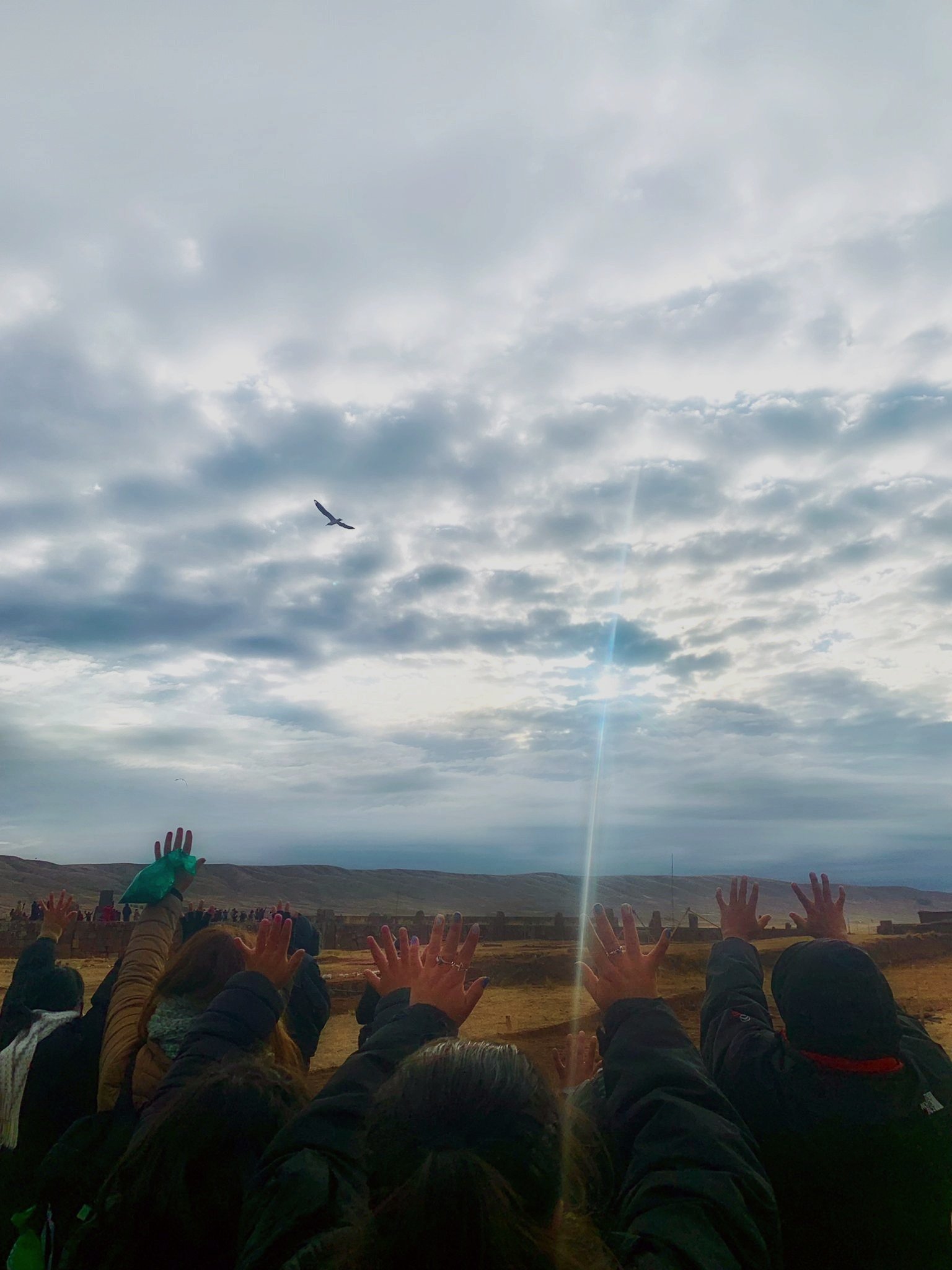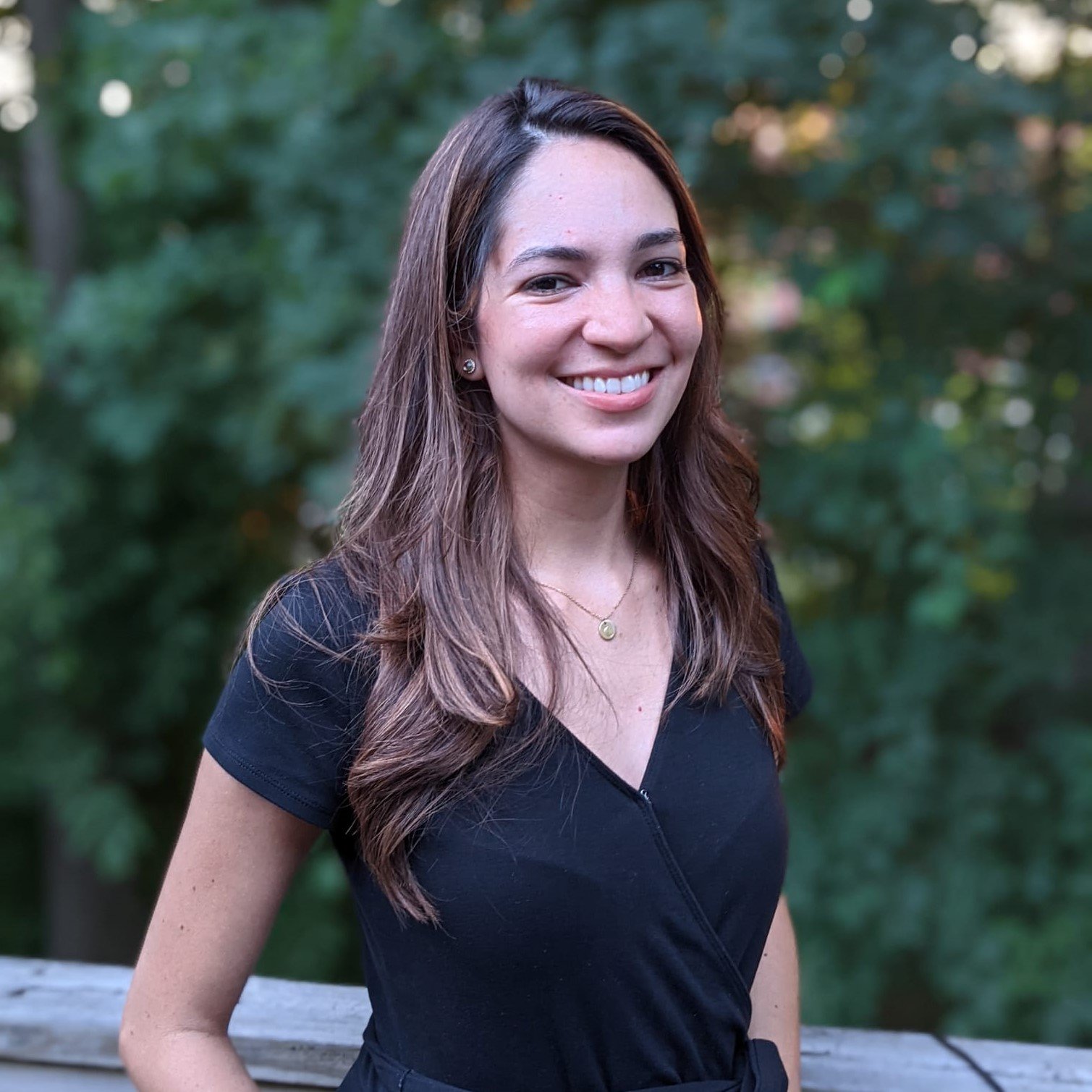
ISSUE #03 | FALL/WINTER 2024
Thinking Through Crisis
Crisis, krisis, κρῐ́σῐς: as with many concepts rooted in Ancient Greece, exploring its etymology becomes an inevitable first step in understanding what this ubiquitous term signifies today. Both reassuring and potentially misleading, this search for a primal meaning features prominently in virtually any exploration of what the word “crisis” means—or encompasses—today. As a noun, the word has had legal, theological, and, more notably, medical usages validated by authorities such as Thucydides, Aristotle, Hippocrates, and Galen. Since its verbal root, krinein, can be translated as “to choose,” “to judge,” or “to decide,” the term’s meaning splits from the outset into what is ultimately the difference between a condition—a decisive moment—and the act of reaching a verdict.
Editorial Board
Professor
Department of Spanish and Portuguese
University of Wisconsin-Madison
Ph.D. Student
Department of Anthropology
University of Wisconsin-Madison
Ph.D. Candidate
Department of Spanish and Portuguese
University of Wisconsin-Madison
Ph.D. Candidate
Department of English
University of Wisconsin-Madison
Ph.D. Candidate
Department of Design Studies, School of Human Ecology
University of Wisconsin-Madison
Ph.D. Student
Faculty of Medieval and Modern Languages
University of Oxford
Ph.D. Student
Department of Anthropology
University of Wisconsin-Madison
Ph.D. Student
Department of Spanish and Portuguese
University of Wisconsin-Madison
- climate change
- water
- migration
- textiles
- Andean studies
- violence
- trauma
- Visual Studies
- Peru
- care
- storytelling
- stigma
- agrarian reform
- extractivism
- indigenous studies
- mental health
- peru
- psychoanalysis
- affect studies
- literature
- abject
- eco-activism
- universities
- liminality
- trans-media
- land
- Chile
- social media
- resilience
- poetry
- UW Land Tenure Center
- U.S. Foreign Policy
- for-profit colleges
- mining
- digital narratives
- Cuba
- Cold War
- performance
- translation
- Mexico
- educational reforms
- time
- more-than-human





















